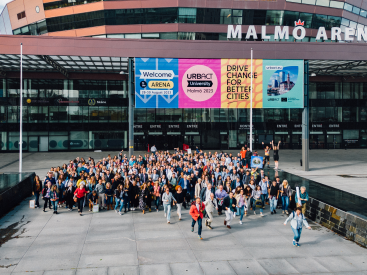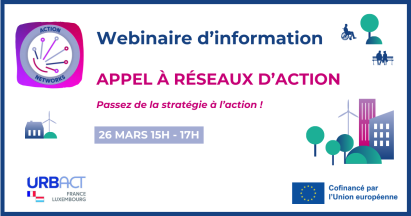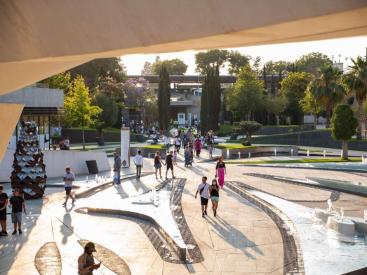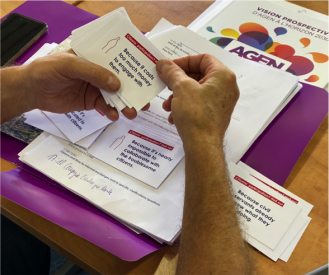01/12/2013 31/03/2015
Five cities working together to promote gastronomy as a key urban development.
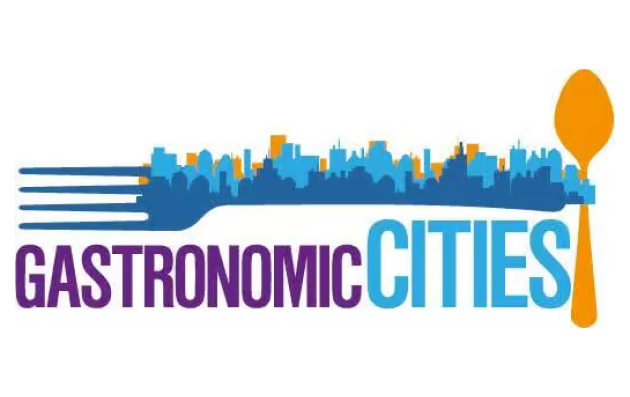
Summary
Introduction
Cities have a crucial role in the achievement of the Europe 2020 objectives. The urban complexity (understood as the level of different urban uses and mixture of services and functions and knowledge society) of a city gives the key to a higher social cohesion and to increase economic diversity, and together with it attracting a bigger amount of successful activities due to synergies. In this framework, gastronomy, Is an engine topic with potential at city level to mobilise other sectors and resources, and the project Gastro-Urbact propose the following approach on it, within the INNOVATIVE CITY topic:
Hostelry Sector promoting entrepreneurship and SMEs economic activity and employment as an engine for the city.
Tourism as a second synergies step within this virtuous process: commerce, urbanism, complementary services,...
Strategic partnering arrangements to ensure a demand driven and integrated approach, improving Innovation and Knowledge Economy, following Lisbon Agenda principles.
Gastronomy as an urban cluster of economic activity: Growth and competitiveness.
Framework for local raw material (Primary sector) producers to support the development of a strong and sustainable industrial base able to compete globally. In one word, Gastronomy as a flagship for “Innovation union to improve framework conditions and access to finance for research and innovation so as to ensure that innovative ideas can be turned into products and services that create growth and jobs (Technical working document- URBACT II Programme Manual)
PARTNERS
Lead Partner : Burgos - Spain- L'Hospitalet de Llobregat - Spain
- Korydallos - Greece
- Alba Iulia - Romania
- Fermo - Italy
Timeline
Project launch
Project completed

